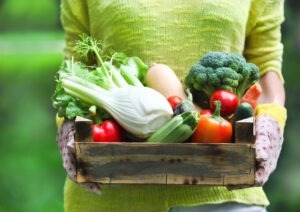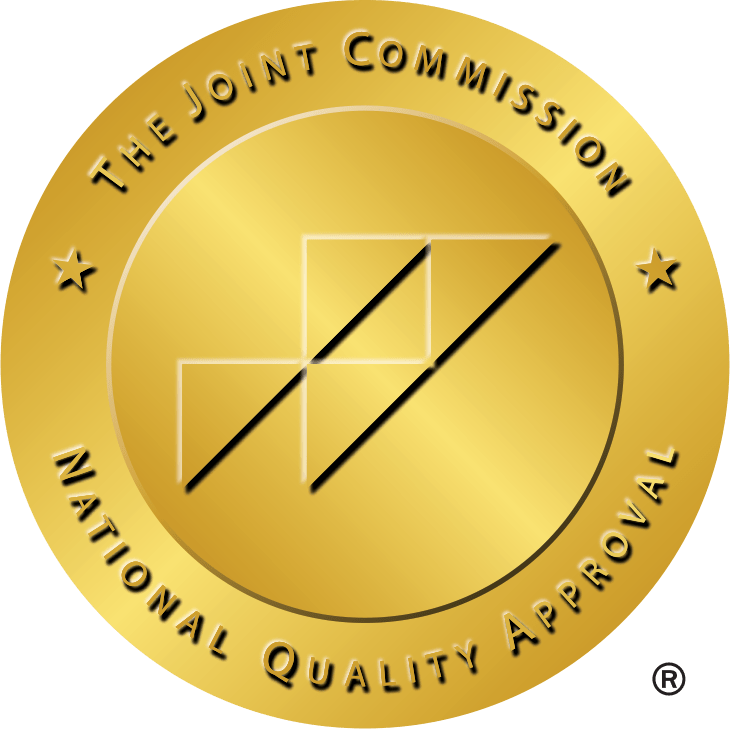Nature is one of the best ways to promote mental health during the recovery process, and its benefits have been talked about in the Brooks Healing Center blog before. Even if you have no gardening experience, tending to plants and being outside is a great way to reduce stress, lower blood pressure, increase your physical activity, and connect with your natural surroundings. This post will go over some ways that gardening can help someone during recovery.
Gardening Creates a Routine
Gardening can help someone focus their time and energy. Recovering addicts likely spent a lot of time abusing a substance instead of tending to their responsibilities, but in order to have a successful garden, they will need to have daily commitment. Simply put, gardening will help recovering addicts relearn how to restructure their day. They will need to set time aside for tending to and watering plants, and if they want a bigger garden they will have to set up times that they can build a fence and remove any weeds that grow. With enough time and dedication, they can create a nice garden while having established a productive routine.

Gardening Reduces Anxiety
Gardening can benefit mental health by creating a meditative experience while at your home. When someone’s anxious, they may think about the same negative thought over and over again. Gardening can help someone remain present and focused, disrupting any negative thought patterns that may be occurring. Some studies have even shown that certain kinds of bacteria that are found in soil can boost serotonin levels, resulting in more feelings of happiness.
Gardening Improves Physical Fitness
Gardening is not physically demanding and you don’t have to be incredibly fit to start a garden. However, gardening for at least 30 minutes can burn a few hundred calories. Digging, raking, bending down, and stretching in a garden engage all of your muscle groups, increasing strength, stamina, and flexibility. If you stay moving for more than 15 minutes, you will raise your heart rate and get more circulation throughout your body. Again, none of this is physically demanding, but these activities are still enough to improve your overall fitness.
Gardening Promotes a Healthy Diet
It’s important to eat healthy foods during recovery to replenish the body’s vitamins and minerals that were lost during addiction. As your garden starts to grow, you’ll begin to reap the literal fruits of your labor. Freshly grown produce is packed full of nutrients that the body needs, and foods grown in a garden have even more nutrients in them than produce at a store. Your garden produce will have no chemicals sprayed onto it, and it will be picked when it is supposed to be harvested, leading to even higher amounts of nutrients.

Gardening Teaches Perserverance
For new or experienced gardeners, things don’t always go as planned with gardens. You may experience droughts, pests, and other issues with your garden. However, these obstacles are no reason to give up. Gardening teaches you to have patience, which is something you should also have with a recovery journey. Some things take trial and error, and that’s okay! Plants are similar to people in that each one needs different things compared to the next. With time and perseverance, you will come to find out what the plants need, just like how you will find out the things that make you physically and mentally fit. Gardening is one of those avenues that will teach you to keep trying new things during your recovery until you find what works the best for your circumstances.




